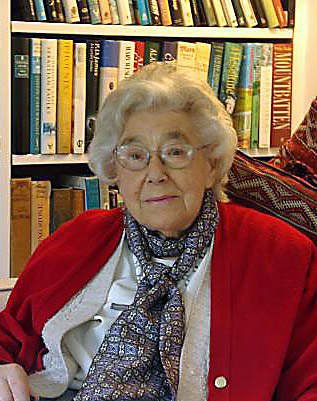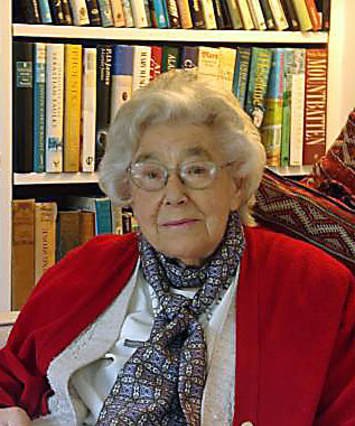In May 2010 Margaret Jackson unveiled a plaque at 64 Baker Street in London marking the headquarters of the wartime Special Operations Executive (SOE). 'I do so,' she said, 'with great humility, in memory of the leadership and professional, amateur and dedicated gifted men and women of Britain and other Allied countries who served tirelessly here and near Baker Street to encourage the spirit of resistance - the spirit of freedom - worldwide, until victory was won.'
There, 70 years earlier, Jackson, aged 23, had joined the SOE staff as the secretary and personal assistant to its executive director, Brigadier (later Major-General) Colin Gubbins. Jackson had graduated in Modern Languages from London University when her elder sister, Anne, who worked in the War Office, heard that Gubbins was looking for a French-speaking secretary. The sabotage force, founded in 1940, was charged by Churchill to 'set Europe ablaze' through acts of guerrilla warfare in the Nazi-occupied countries.
Jackson joined Gubbins in Paris, where he headed the mission set up to liaise with resistance movements run by the Polish and Czech authorities in exile. On 9 May 1940 German armoured divisions invaded France. Jackson escaped back to London on a hospital ship carrying wounded British soldiers, sailing from St Malo the day after Paris was taken. The next day a French army officer, Charles de Gaulle, appealed to all the French to rally to him in London.



